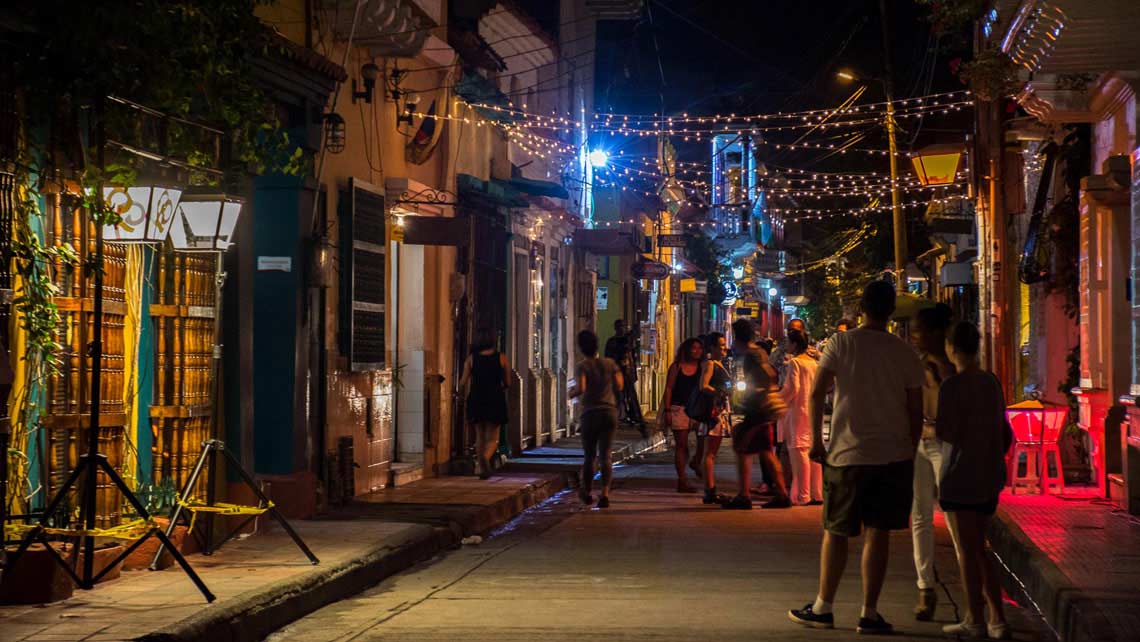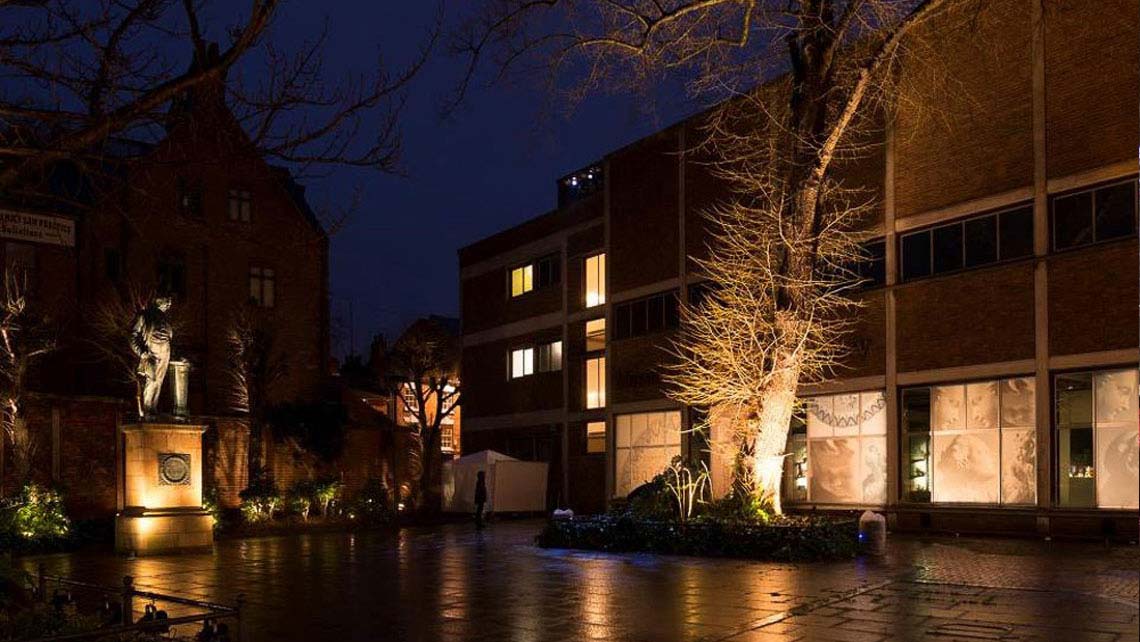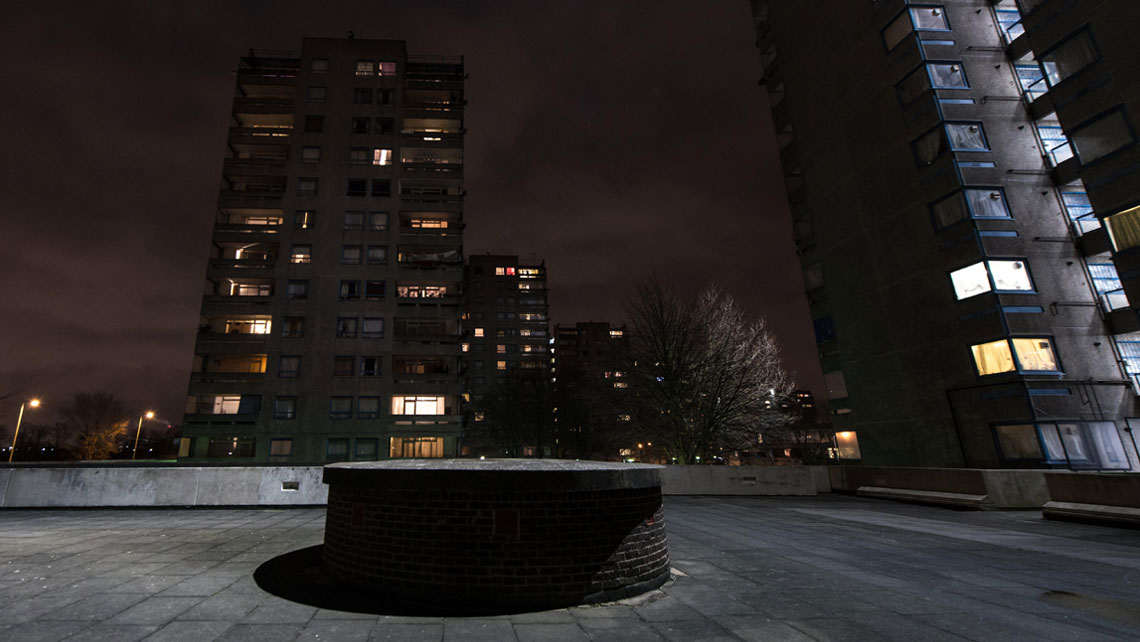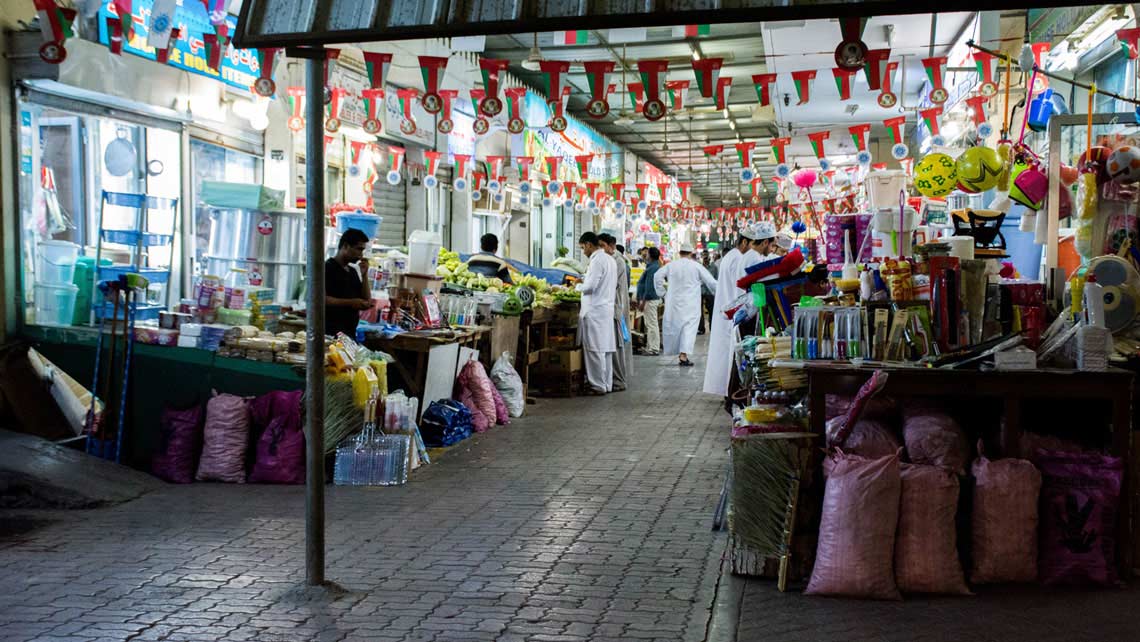Don Slater
London School of Economics and Political Science
Dr Don Slater is a co-founder of Configuring Light/Staging the Social and Associate Professor (Reader) in Sociology at the LSE. His current research builds on an extensive research and publishing record in the sociology of material culture and economic life, new media and digital culture, and visual culture.
Major publications include: New Media, Development and Globalization: Making Connections in the Global South (Polity 2013); The Technological Economy (2005, with Andrew Barry); Market Society (2001 with Fran Tonkiss); The Internet: An Ethnographic Approach (2000, with Daniel Miller); Consumer Culture and Modernity (1997).
Don initially became interested in light as a material that is part of all social life, staging and structuring the way we interact with each other and our environment. This led to a series of studies concerned with how lighting designers, planners and architects can work with social researchers to better understand the social worlds in which they intervene.
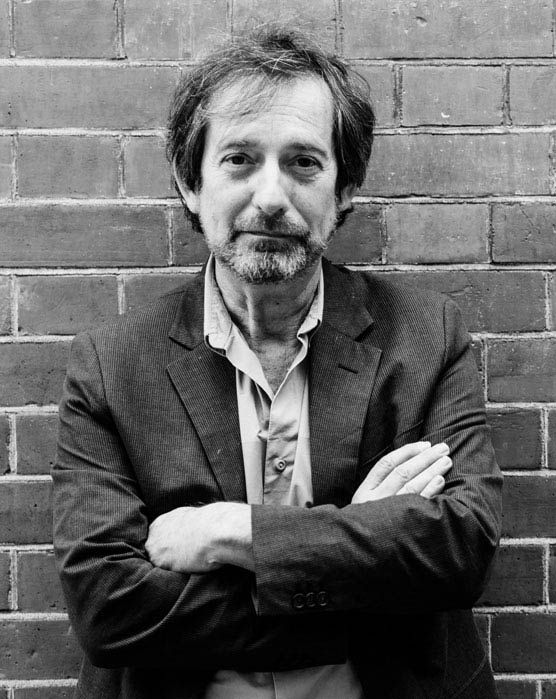
Configuring Light
Configuring Light/Staging the Social is an interdisciplinary research programme based in the Sociology Department at the London School of Economics and Political Science (LSE). It explores the role lighting plays in our everyday life to help build a better social knowledge basis for lighting design interventions. It was founded in 2012 by the sociologists Dr Joanne Entwistle (King’s College London), Dr Don Slater and Mona Sloane (both LSE) and is supported by the LSE and the Economic and Social Research Council (ESRC). Past and current collaborators of Configuring Light include Ove Arup, Derby City Council, Speirs+Major, Lend Lease, the Wellcome Collection and the London Science Museum.
All Configuring Light projects explore how lighting is configured into social life: as infrastructure, as technology, as ambiance or as a particular kind of material that we make and shape through our everyday practices and professional expertise. Configuring Light is committed to developing an empirically grounded social understanding that can work with engineering, psychology and architecture but contributes something distinctive: the ‘social’ refers to the various social groups that use a space and through which individuals relate to the spaces that designers design.Since individual identity is shaped through membership of these groups, for example families, genders, ethnicities, communities (local, urban, national) but also subcultures and other groups, so is the understanding and use of light. Looking at light as important ‘stuff’ within social life allows us to explore how professional practitioners – from lighting designers to architects, planners and regulators – ‘work’ this material into the urban fabric.
Configuring Light/Staging the Social is located in the higher education sector and aims to foster and explore innovative and interdisciplinary practitioner-academic collaborations. As a programme, Configuring Light runs a range of projects and activities that range from research to education and knowledge exchange and impact. For example, since early 2014, it has been hosting an ESRC-funded seminar series that brings together academics and practitioners concerned with contemporary lighting issues. A particular research focus within the programme is a concern with public lighting in the urban realm, previous research projects looked at public lighting in, for example, Derby (UK) and Cartagena (Colombia).
